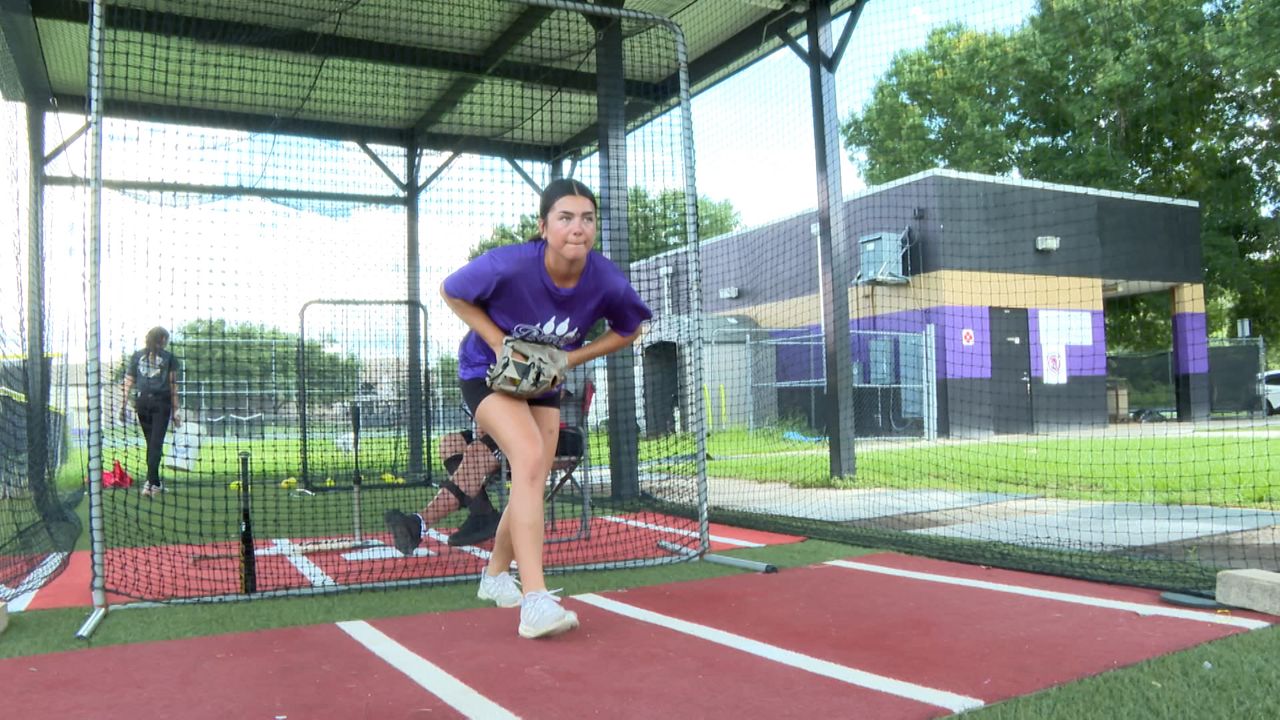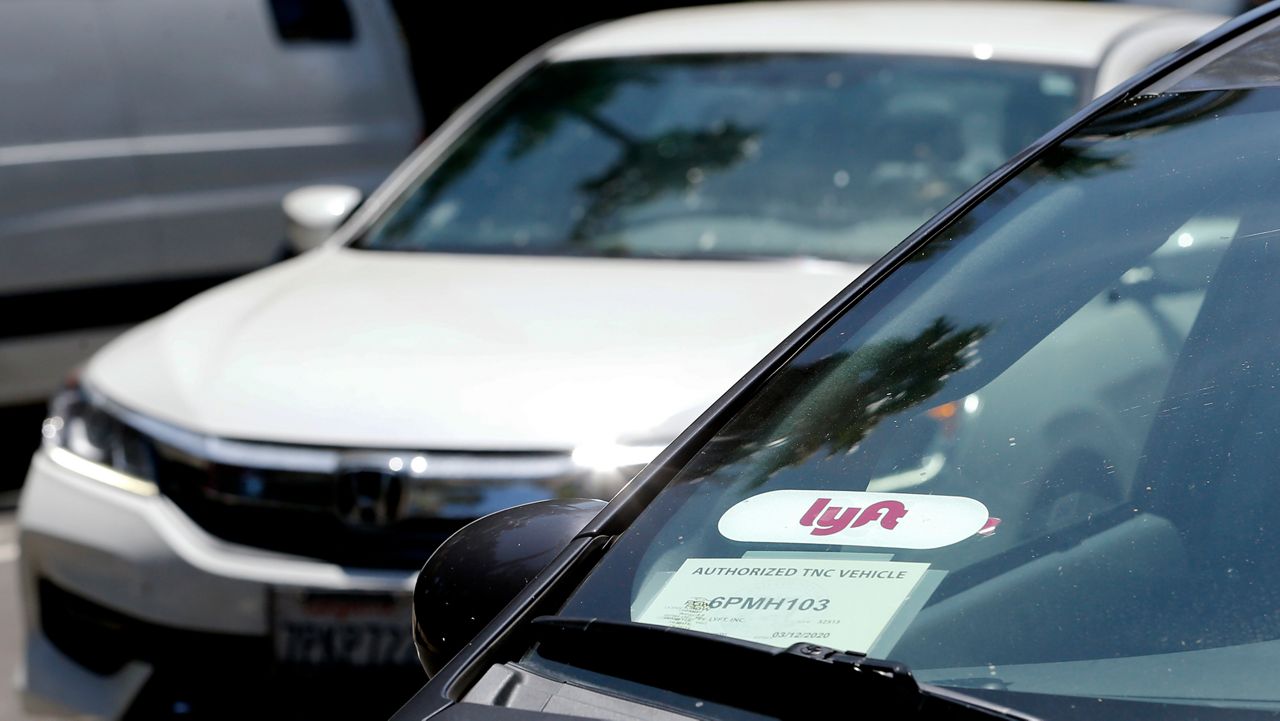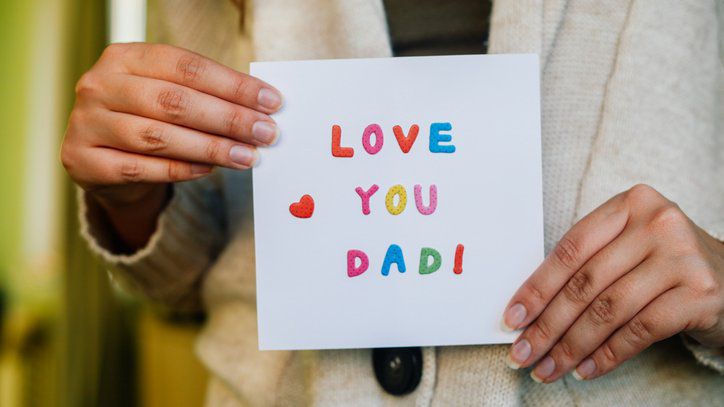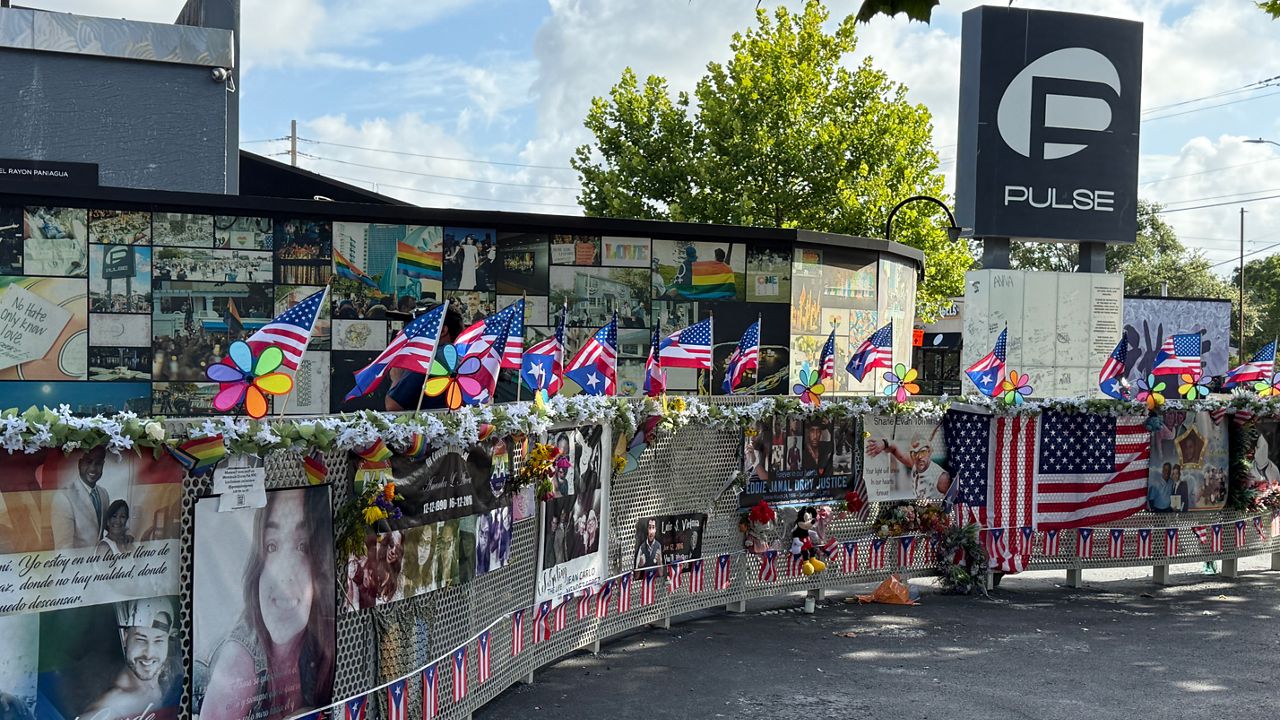OCALA, Fla. — The Florida Fish and Wildlife Conservation Commission recently released its proposed rules for a black bear hunt ahead of its meeting next week.
Meanwhile, organizers of a group against the proposed hunt gathered Saturday at Lake Eola in downtown Orlando to voice their opinion. Members of the Animal Rights Foundation Florida say their is no justification for the hunt.
"The bears were here first," said Bryan Wilson, foundation coordinator. "We're moving into their areas. So any bear-human interaction is because we wound up taking their forest; taking their food source and where they live."
FWC commissioners say they believe reopening black bear hunting will regulate the population and manage growth rates. This would be the first black bear hunting season since 2015.
According to the proposed rules, they plan to establish Bear Harvest Zones and Bear Harvest Permits. The zones would exist in areas where the bear population exceeds 200.
The limit is one bear per permit, but officials say the number of permits issued will depend on the bear population in each demographic.
President of Speak Up Wekiva Chuck O’Neal is against the bear hunt. Living near Wekiva Springs State Parks, he said his backyard has become a playground for bears, he and believes there are better ways to manage the population.
“If we come back with a black bear hunt every year, that’s going to drastically reduce the number of black bears in Florida, and specifically in the central bear management unit we’re in now,” said O’Neal.
He said one of his concerns is FWC removing check-in stations. They were used to making sure all bears were legally killed. Instead, bears must be tagged and reported using the commission’s harvest reporting system within 24 hours.
“They’re removing that one key element that we used in 2015 to track the number of bears that were actually killed,” said O’Neal.
On the contrary, Lewis Pryzstup says he grew up in a family of hunters and believes the current numbers justify the hunt.
FWC reports there are more than 4,000 bears living in the state.
“There’s always going to be a bag limit, especially on something as crucial as the bear population here in Florida,” said Przystup. “They’re not not going to have a bag limit. Last time, it was a single bear if you got drawn.”
Permits would be issued through a random draw. During the first year, the proposed season would last 23 days in December. Then, the future season would occur between Oct. 1 and Dec. 31.
Przystup says while the bear is a trophy to some, it’s also food that’s not going to go to waste.
“I don’t think people look at hunters the same way as another person would,” he said. “Us as hunters, we do things ethically, responsibly, we’re not going to do things that are going to make the bear suffer, do things like that. But it’s definitely something that needs to be done.”
The proposed ruling also discusses hunting with dogs, and would allow each permitted hunter bring up to nine guests with them. There is also discussion of implementing a Private Lands Bear Harvest Program, which would allow private landowners with at least 5,000 acres to bear hunt on their property.
FWC staff will discuss the black bear hunt during their commission meeting on May 21 and 22 in Ocala at the College of Central Florida.
Visit FWC’s website to read the entire draft proposal for the black bear hunt.

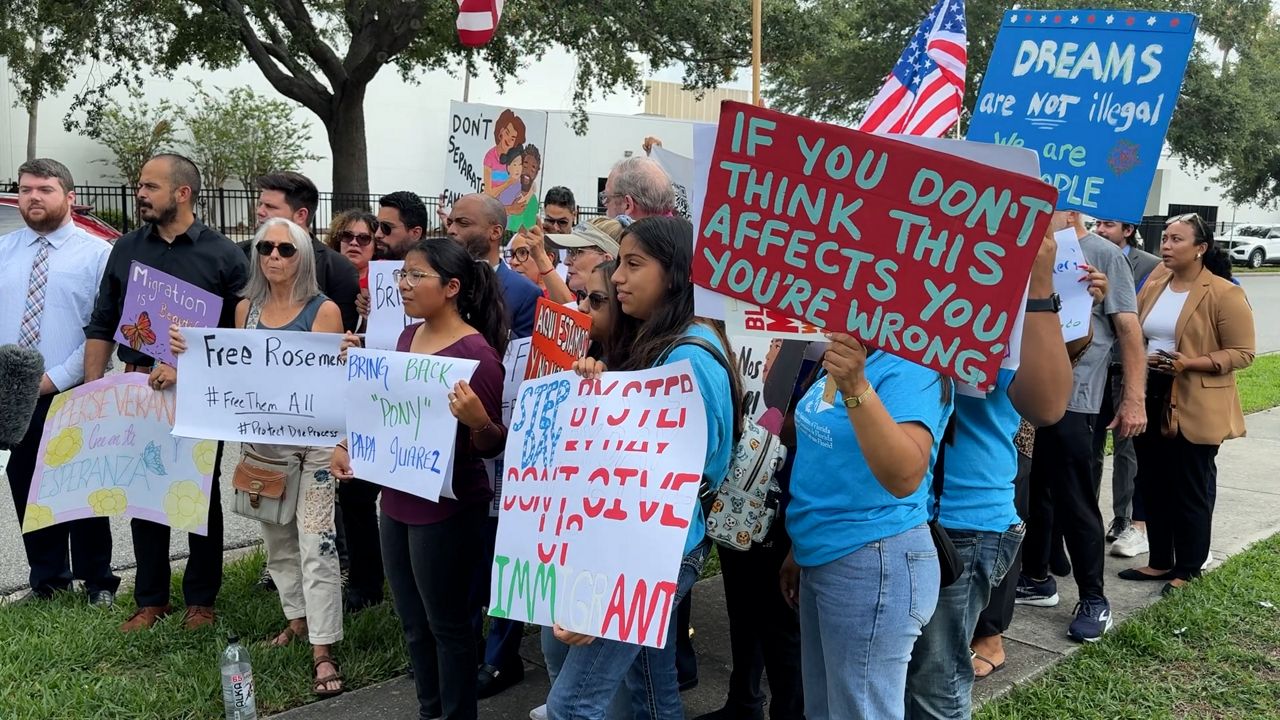
)
